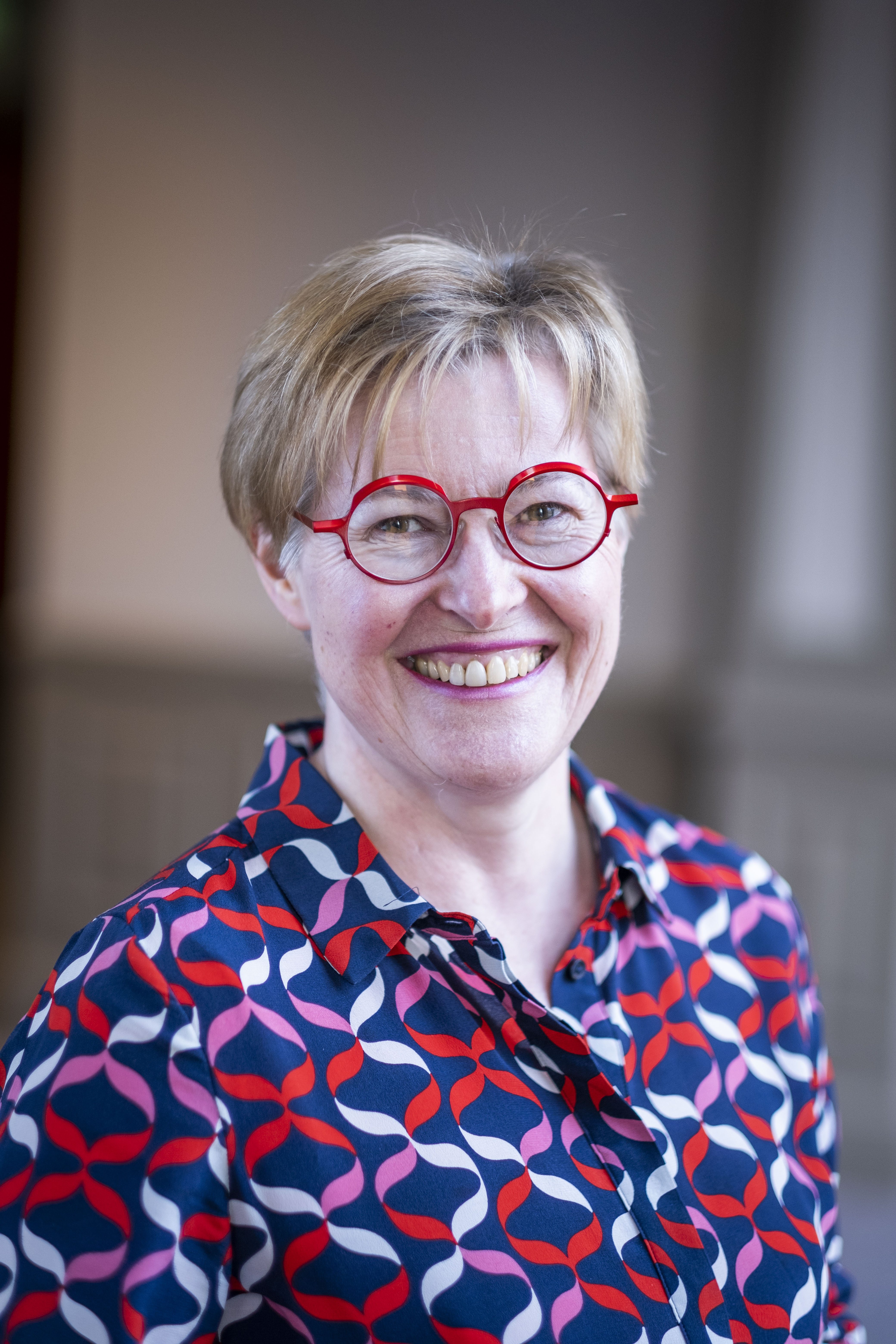SAIC announces PhD programme worth over £500k
At Aquaculture UK 2018, we announced a new skills initiative and PhD projects worth over £500,000. For the first time, SAIC will fund four PhD positions, each tackling an area of priority research for the industry.
This forms the first suite of SAIC PhDs as part of a skills initiative closely allied with industry requirements. Three of the PhD projects will focus on fish health issues and one addresses the needs of mussel farmers, creating collaborative partnerships between academia and industry.
On our announcement of £180,000 of funding to support the new PhD programme worth over £500,000, Rural Economy Secretary Fergus Ewing said: “Increasing the supply of talented scientists with an understanding of the commercial realities of farming fish and shellfish in Scotland was one of our key aims in setting up SAIC. Scotland needs to grow, develop and retain a talented workforce skilled in the science, biology and applied research that these four projects represent. I am delighted that four new PhD students will embark on industry-relevant research to help improve production capacity and I wish them every success.”
The announcement took place during the SAIC-hosted ‘Aquavation Sessions’ seminar at Aquaculture UK, a major international exhibition and conference held in Aviemore.
PhD programme in brief
Each of the four PhD focusses on an area of research with the capacity to progress the sustainable growth of Scottish aquaculture, as outlined below:
- Dynamic spatial modelling and forecasting of sea lice abundances – i.e. predictive tools to understand where sea lice present the greatest geographical pressures. Partners: the Scottish Association for Marine Science (SAMS) and Mowi Scotland.
- Photoperiod and immune function: How critical lifecycle events in salmon impact on disease response and post-smolt performance – i.e. to better understand how photoperiod/artificial light regimes affect the salmon’s immune system through the critical transfer from freshwater to seawater. Partners: The University of Aberdeen and Scottish Sea Farms.
- Environmental DNA for low-cost monitoring of disease in Salmonid aquaculture – i.e. more efficient and cost-effective ways to monitor the presence of a range of pathogenic/dangerous organisms in the local environment of salmon aquaculture, e.g. Paramoeba perurans, Lepeophtheirus salmonis, Caligus elongatus(the two species of sea lice found in Scottish waters) and amoeba, the causative agent of AGD (Amoebic Gill Disease). Partners: University of Glasgow, Mowi Scotland, Scottish Sea Farms and Bioclavis.
- Spat mortality in farmed Scottish Blue Mussels (Mytilus edulis) – i.e. understanding the causes of mortality in spat fall to enhance the productivity of Scottish mussel farms. Partners: University of Stirling’s Institute of Aquaculture and Fassfern Mussels Ltd, with additional funding from The Fishmongers’ Company.
Share this
